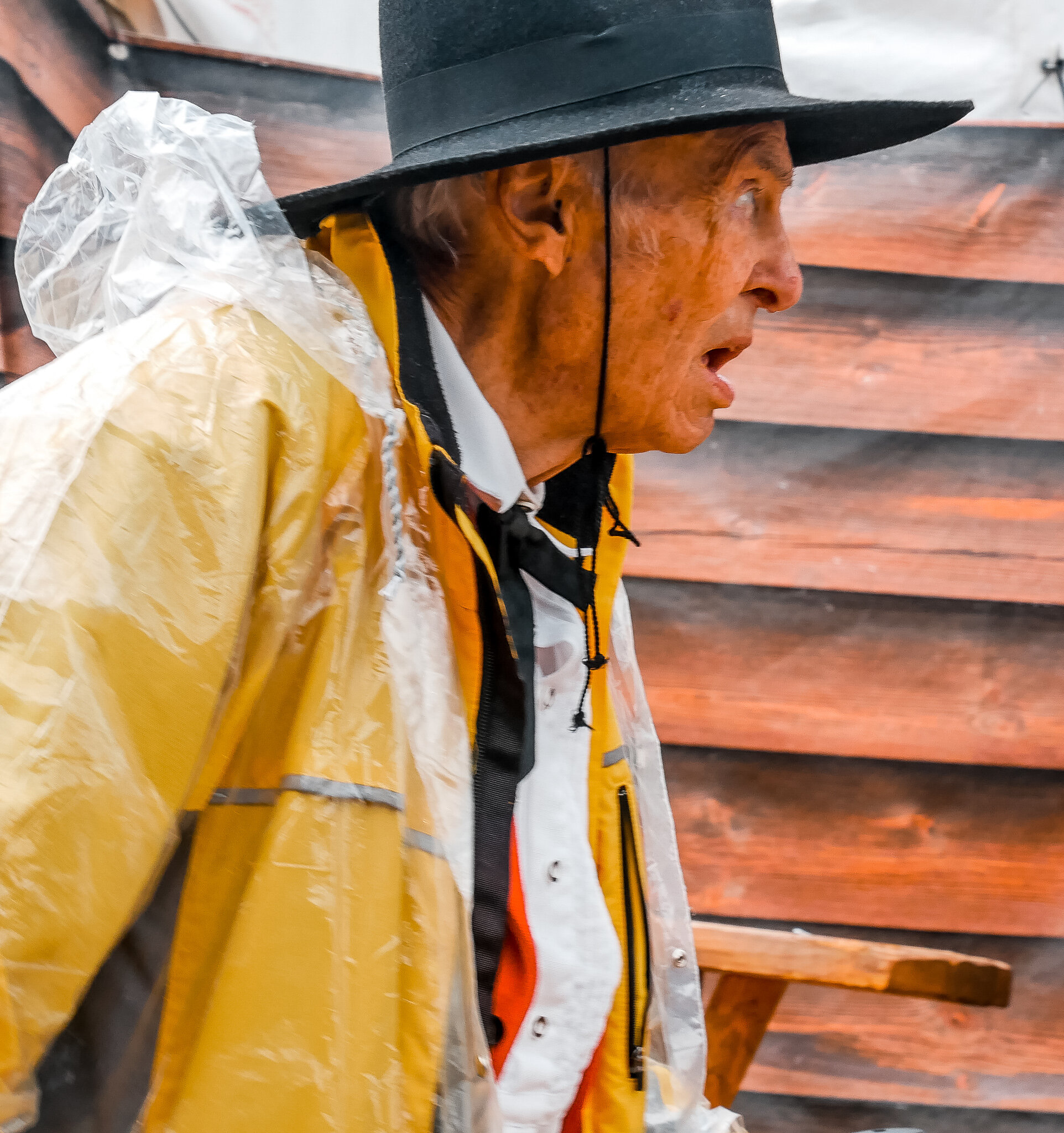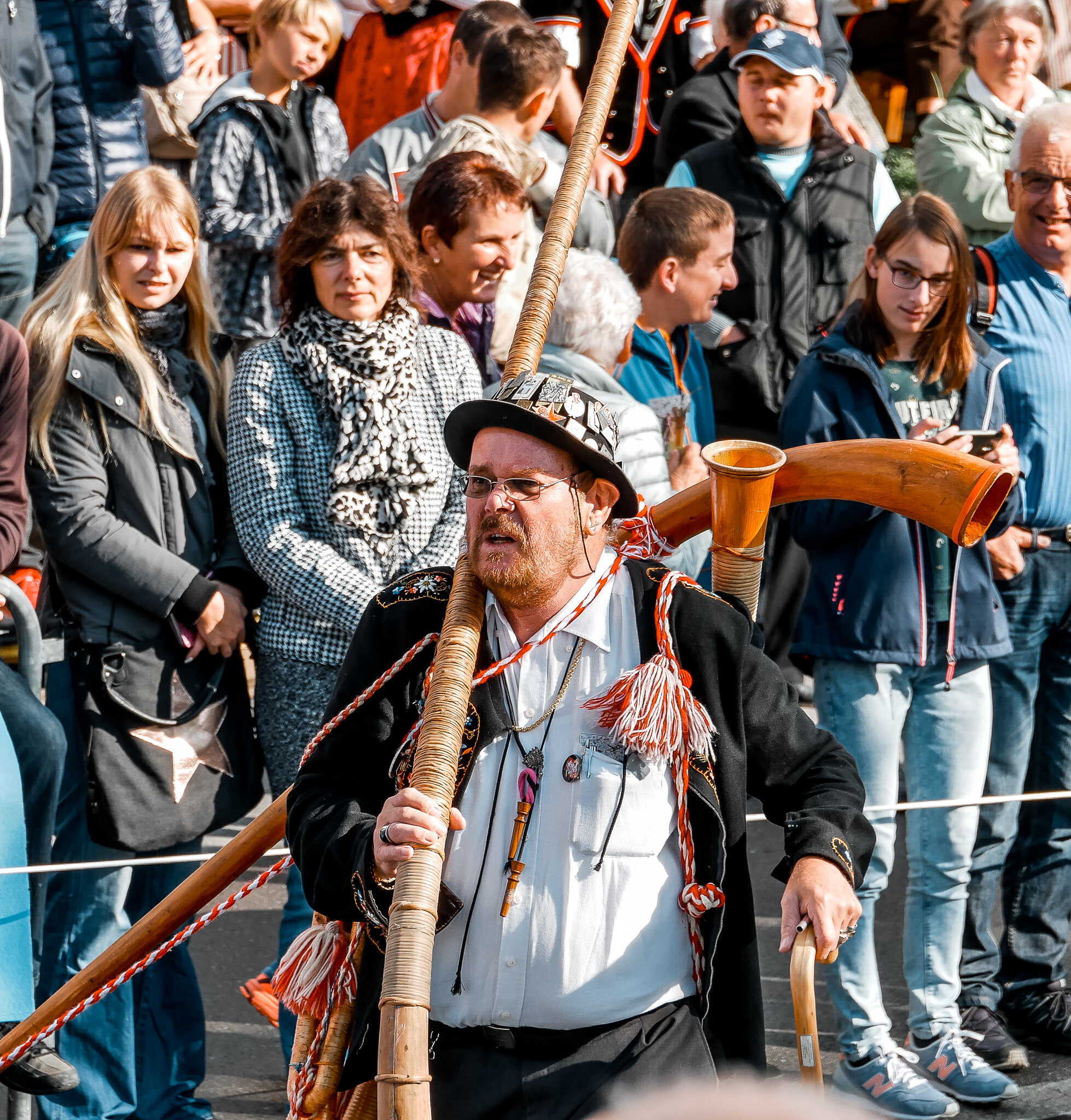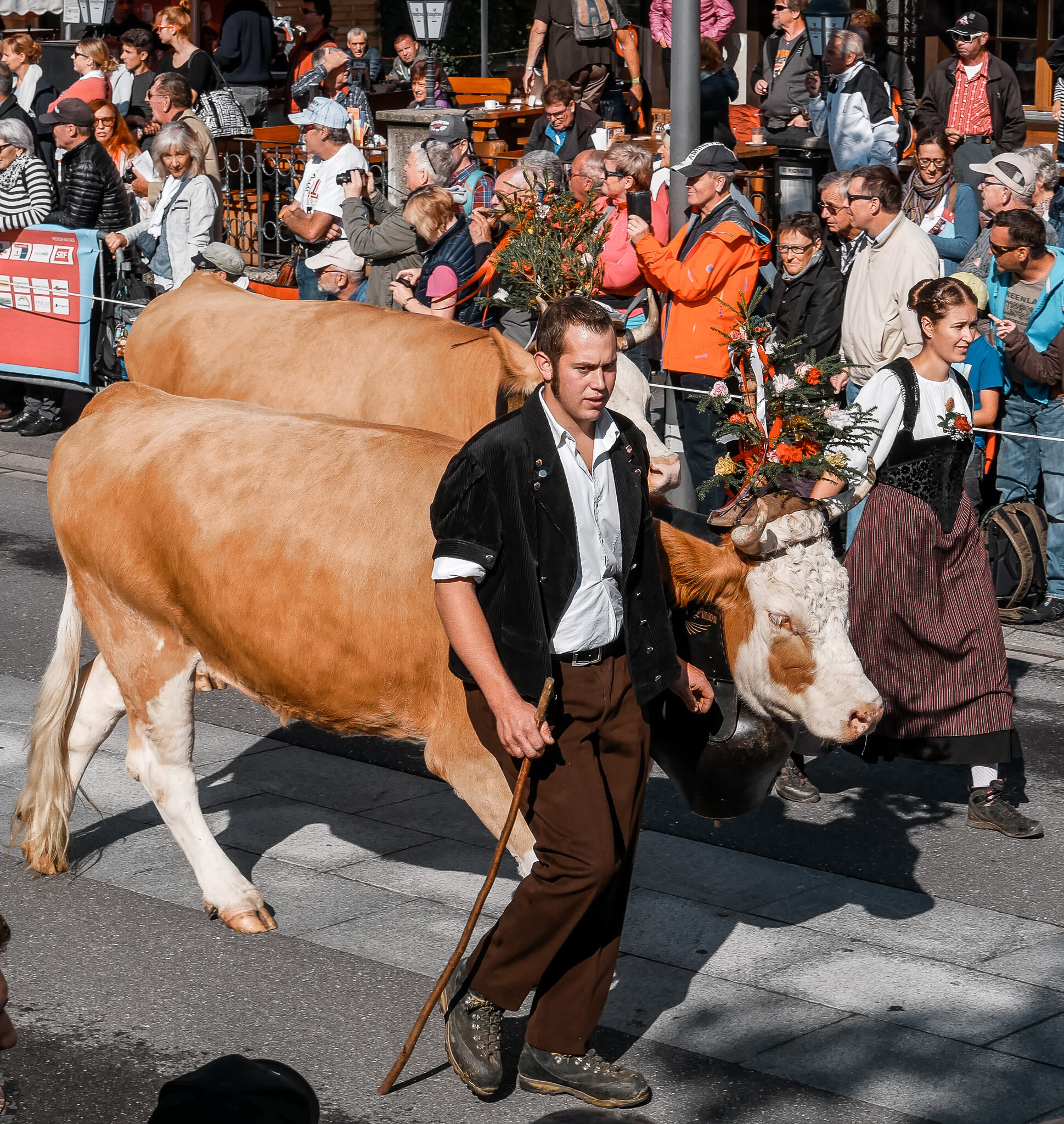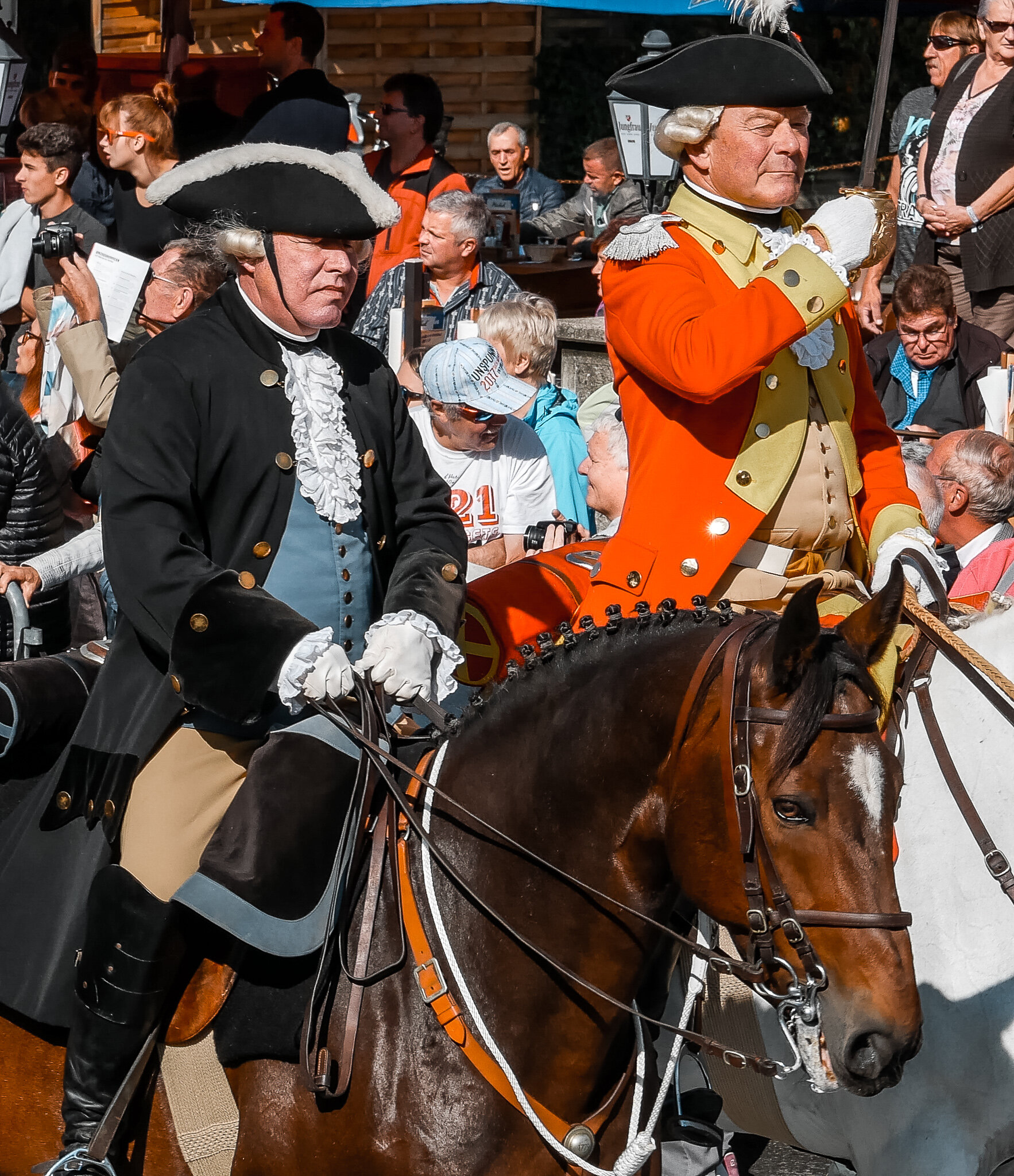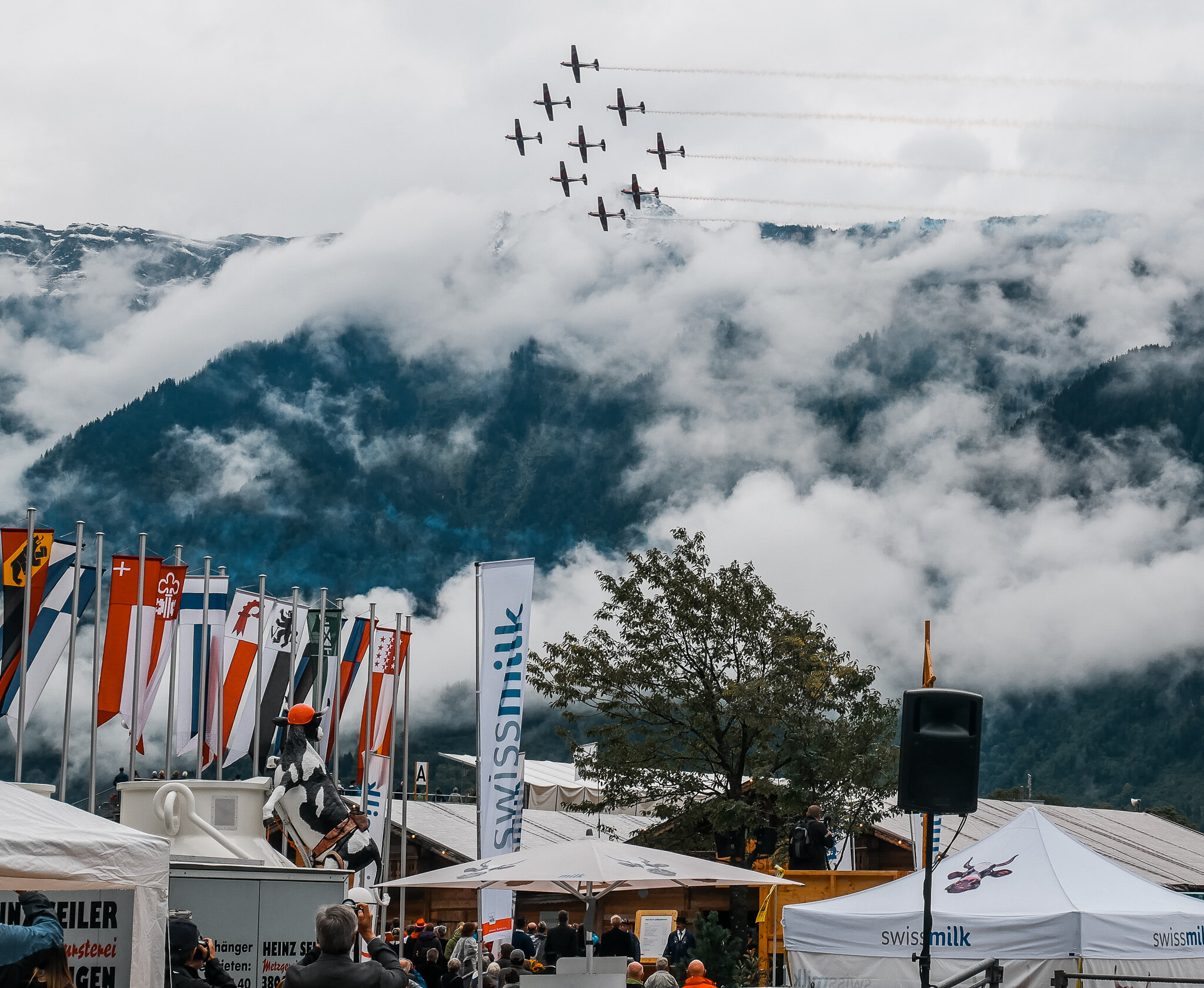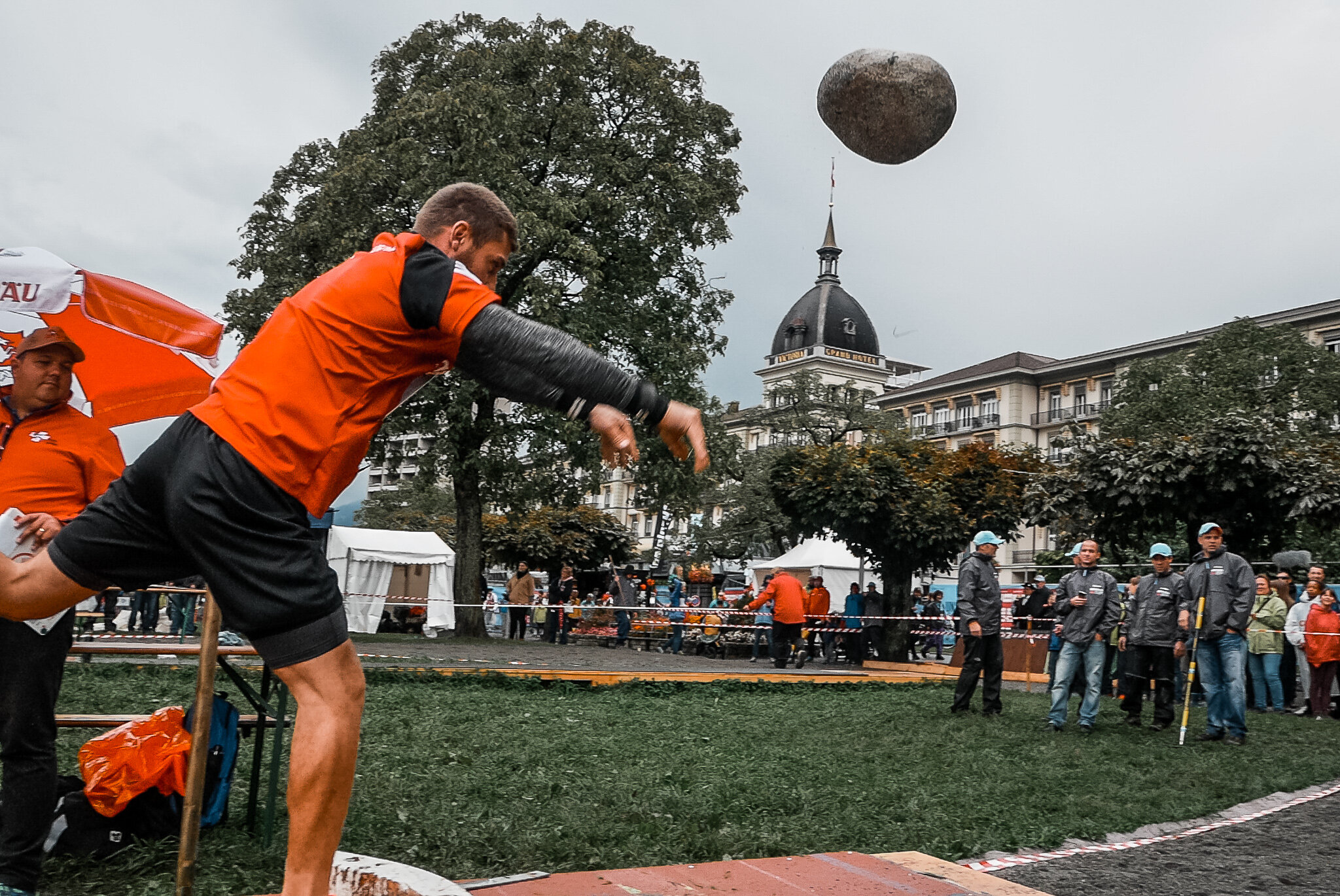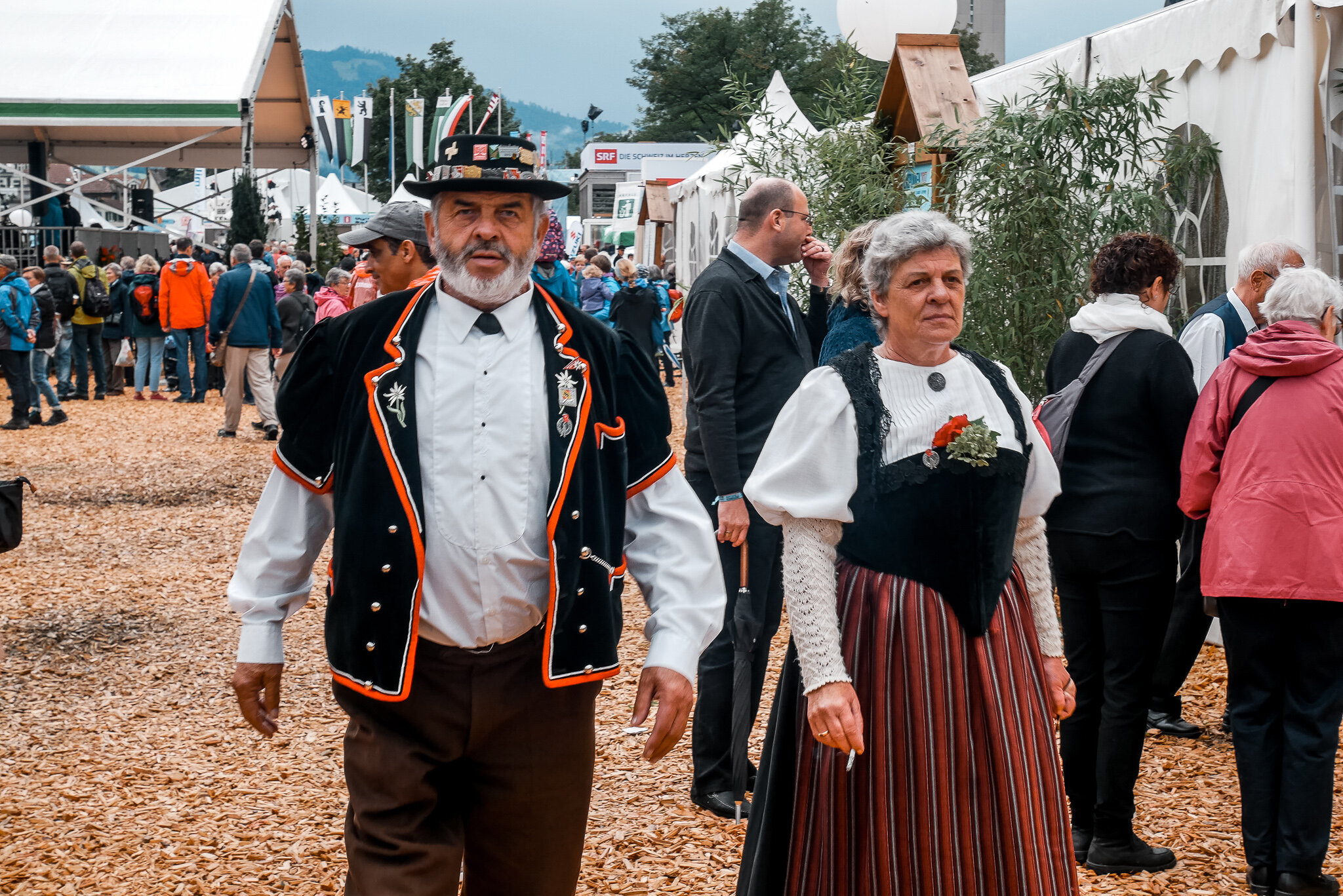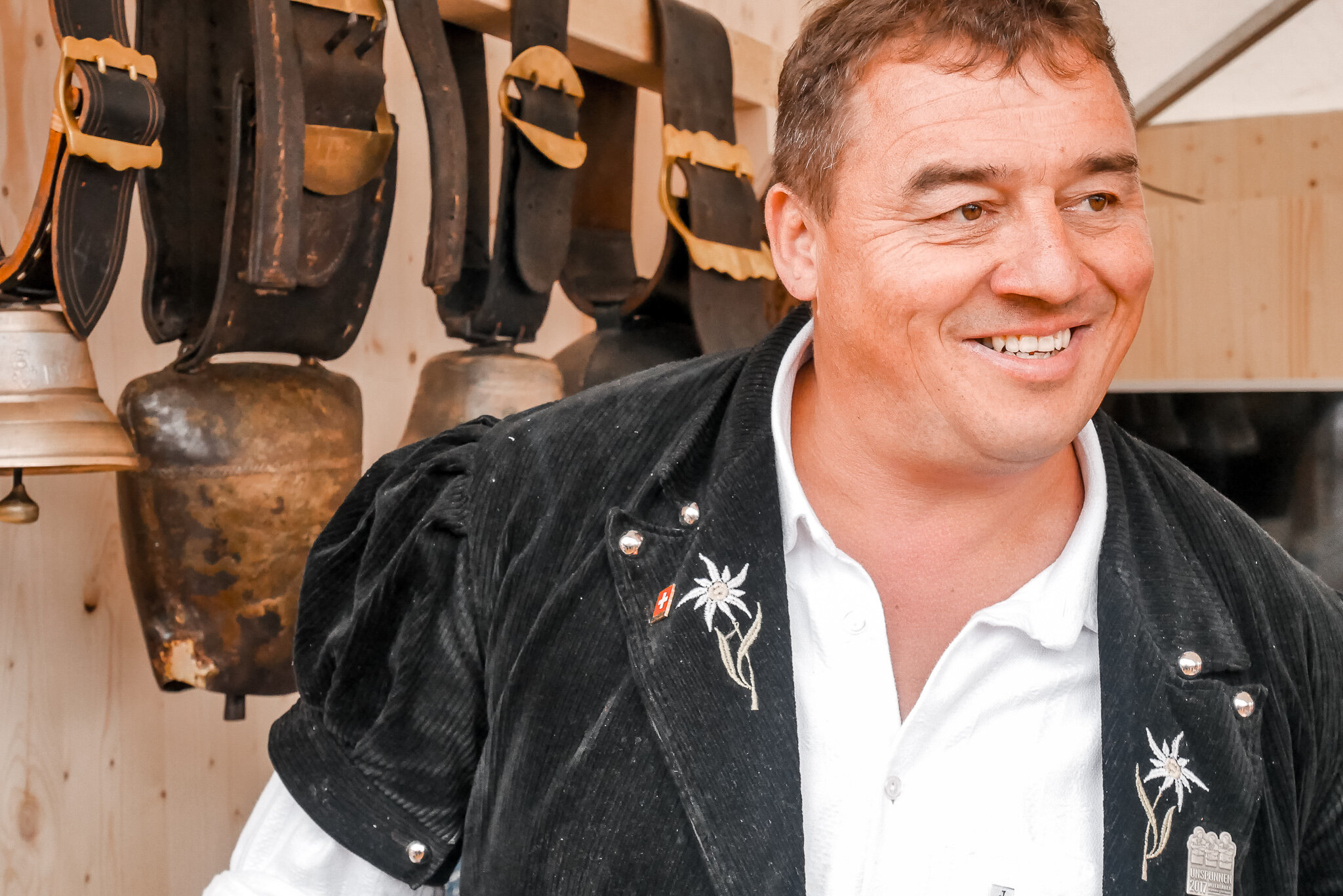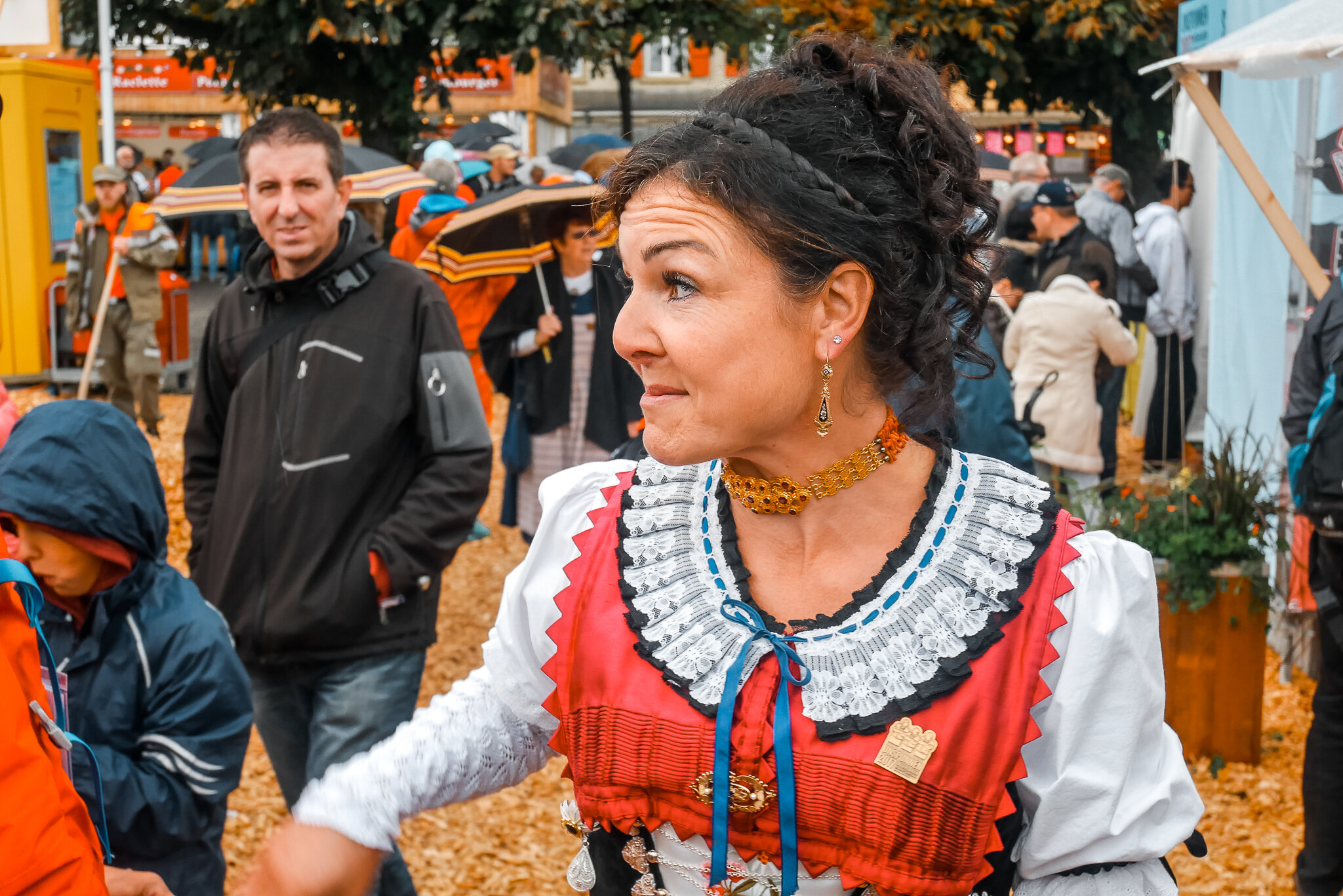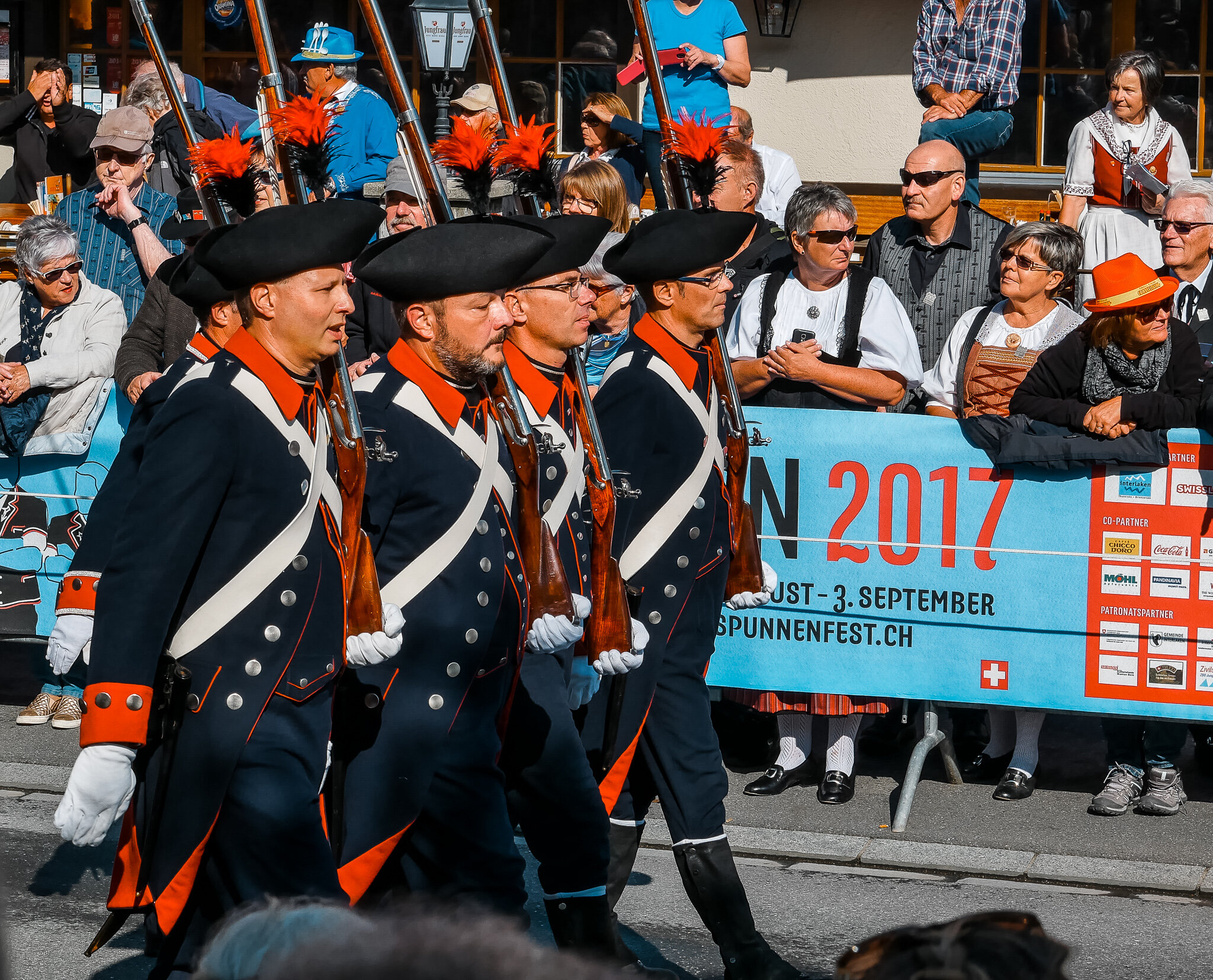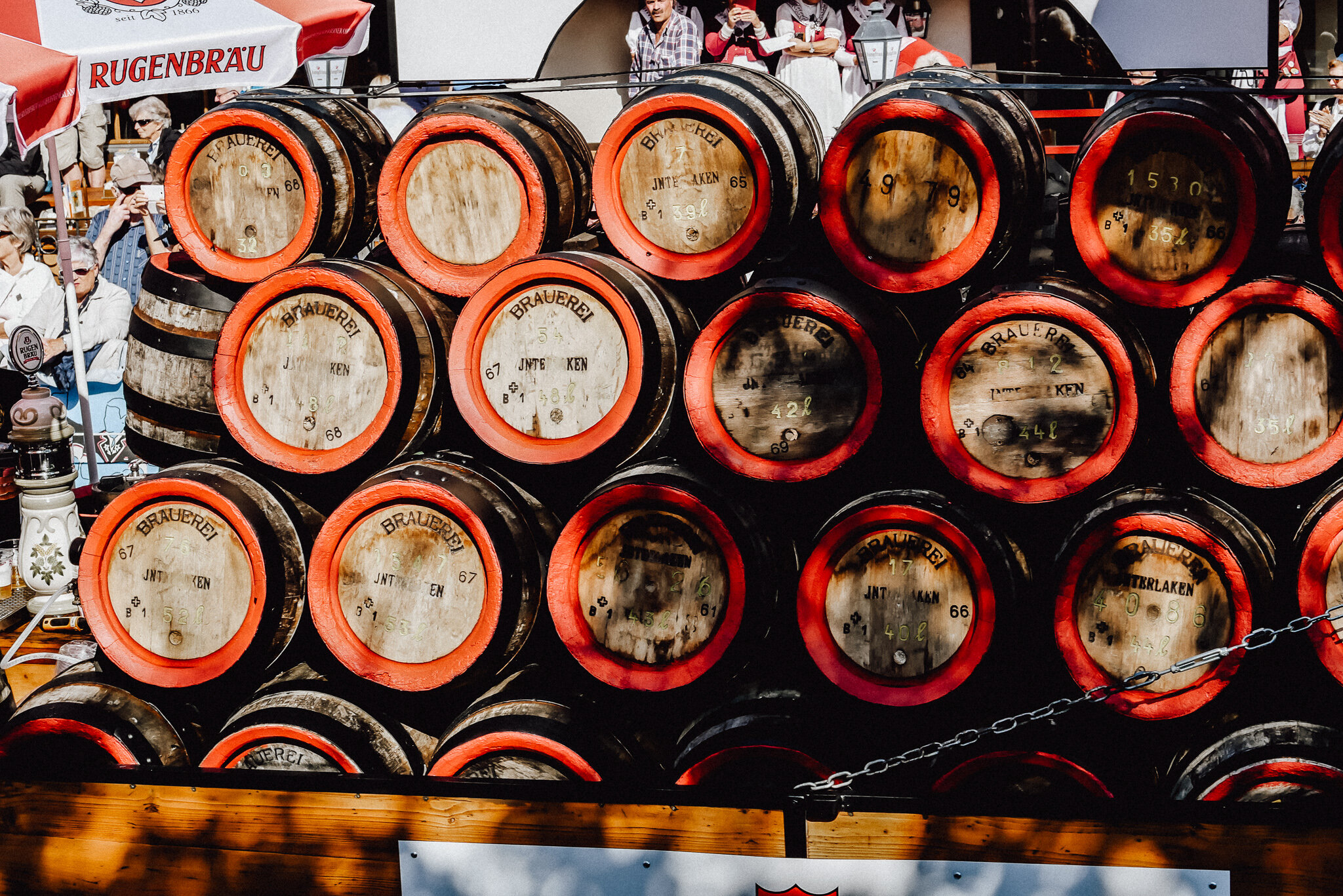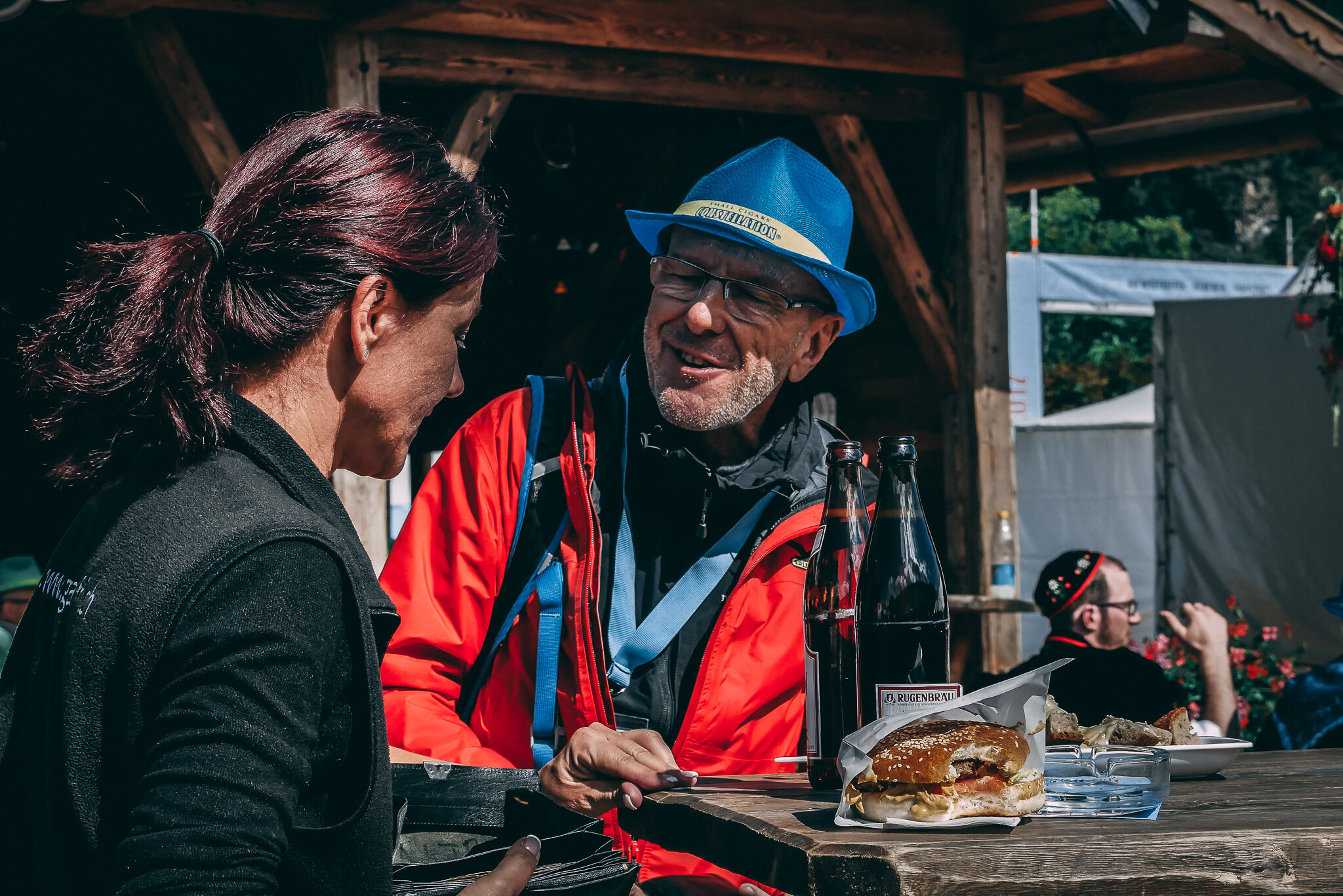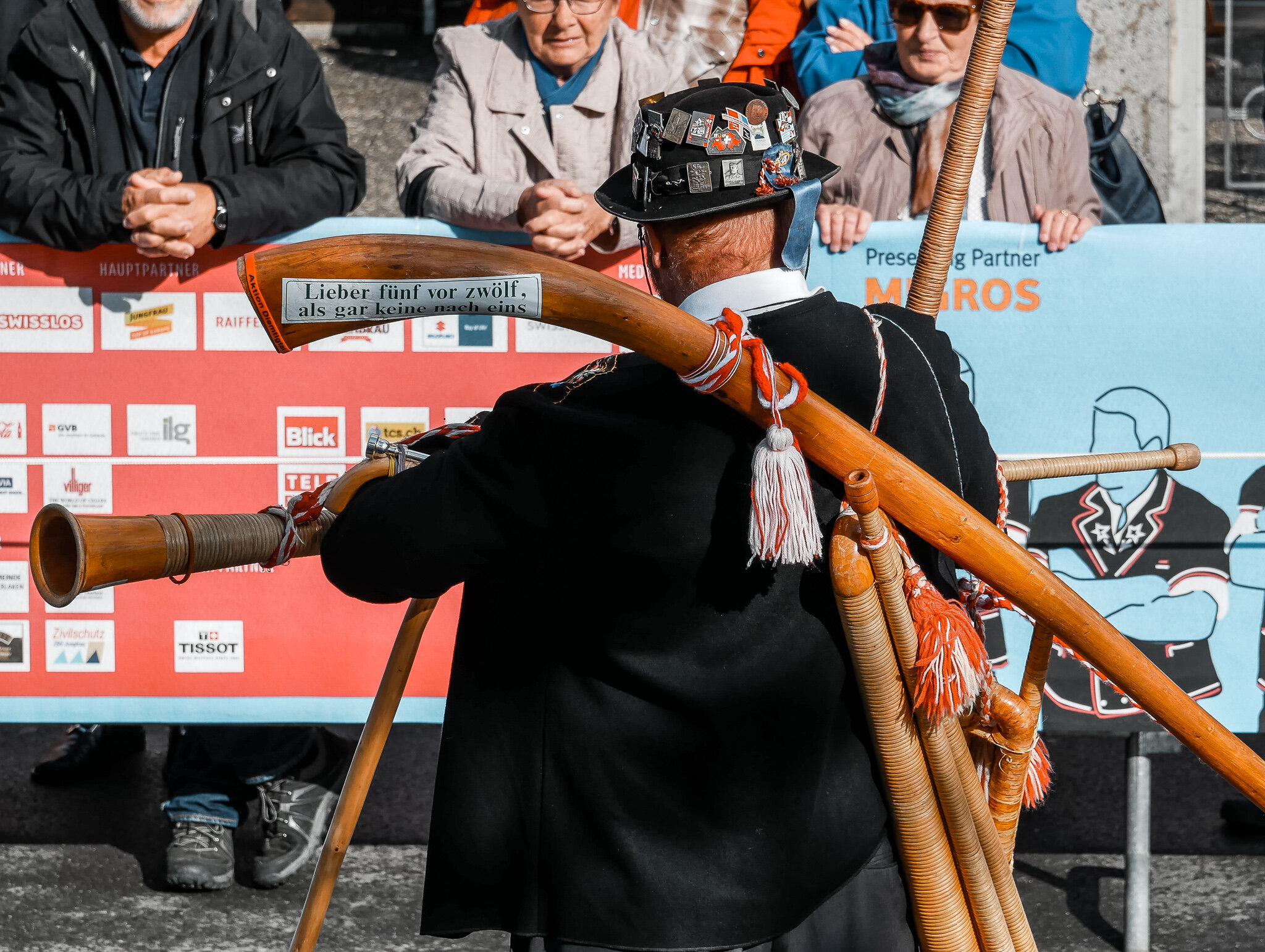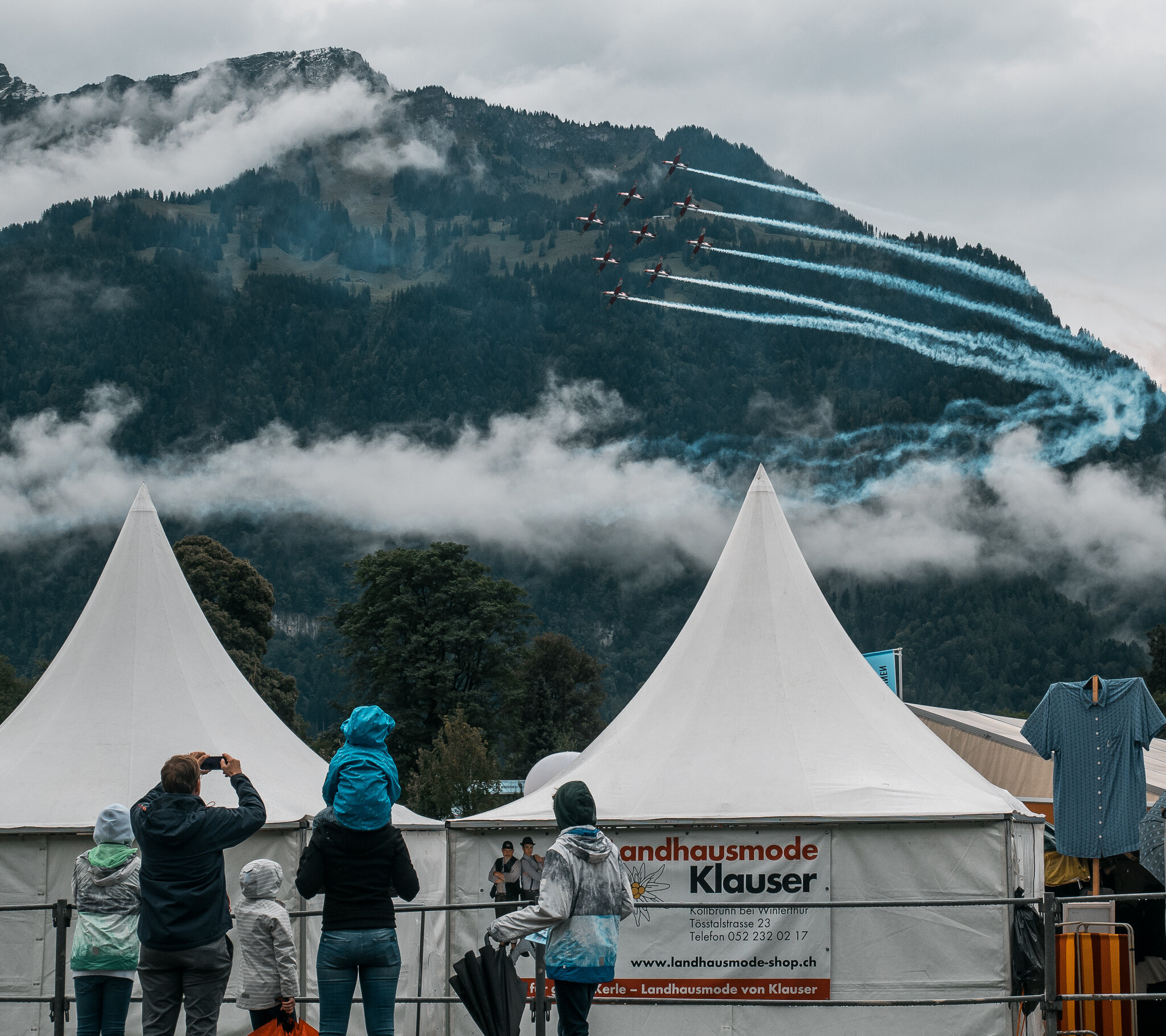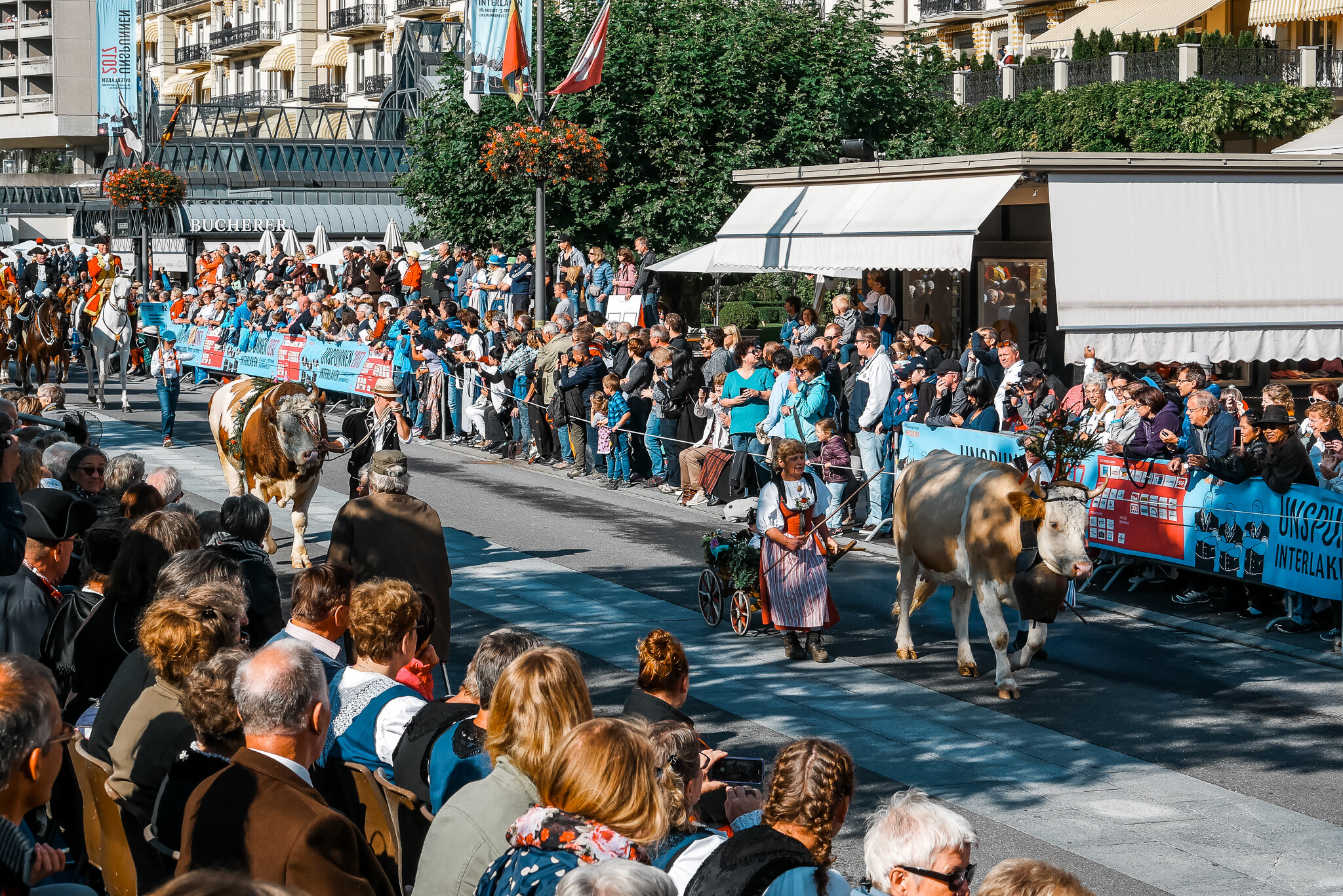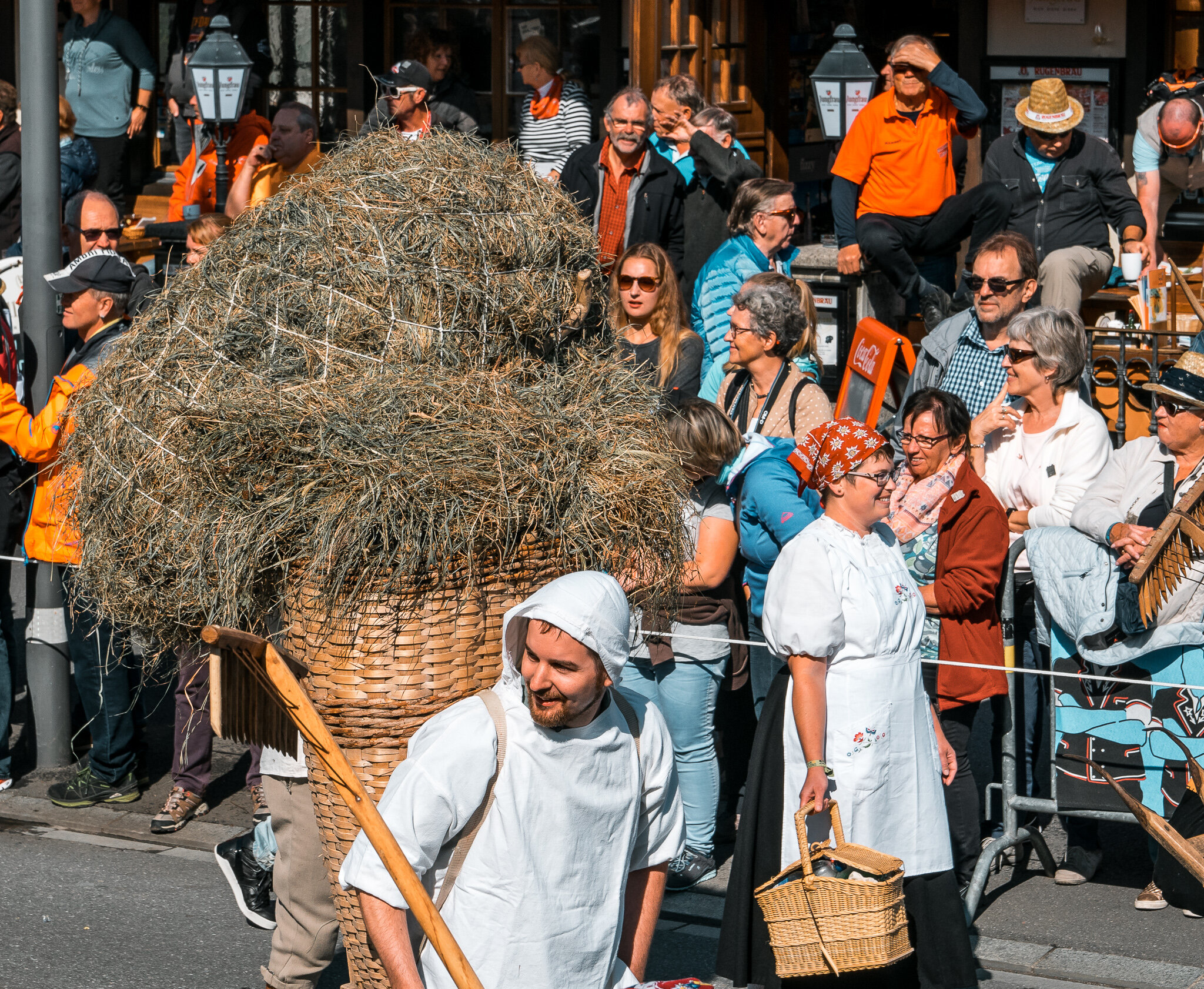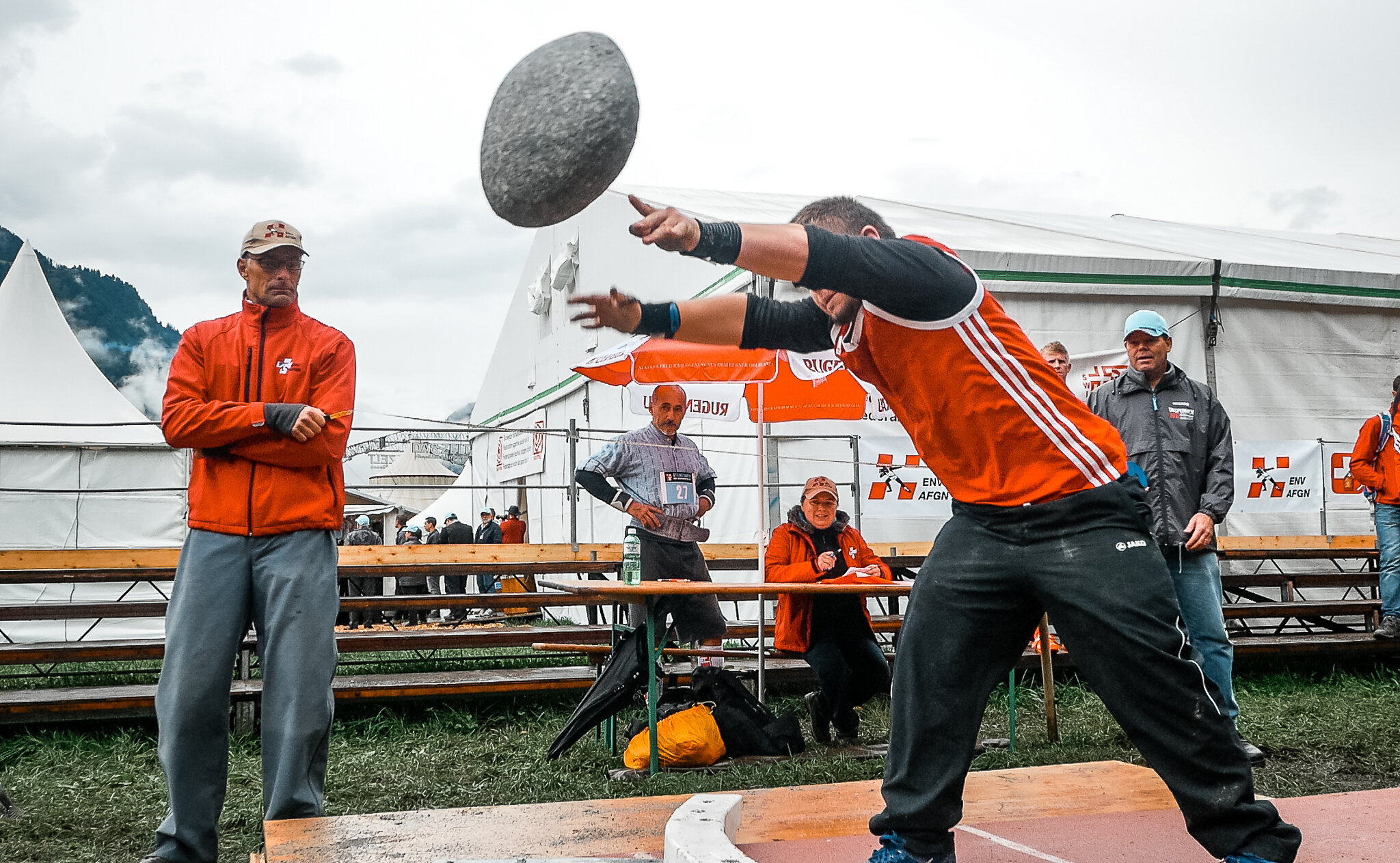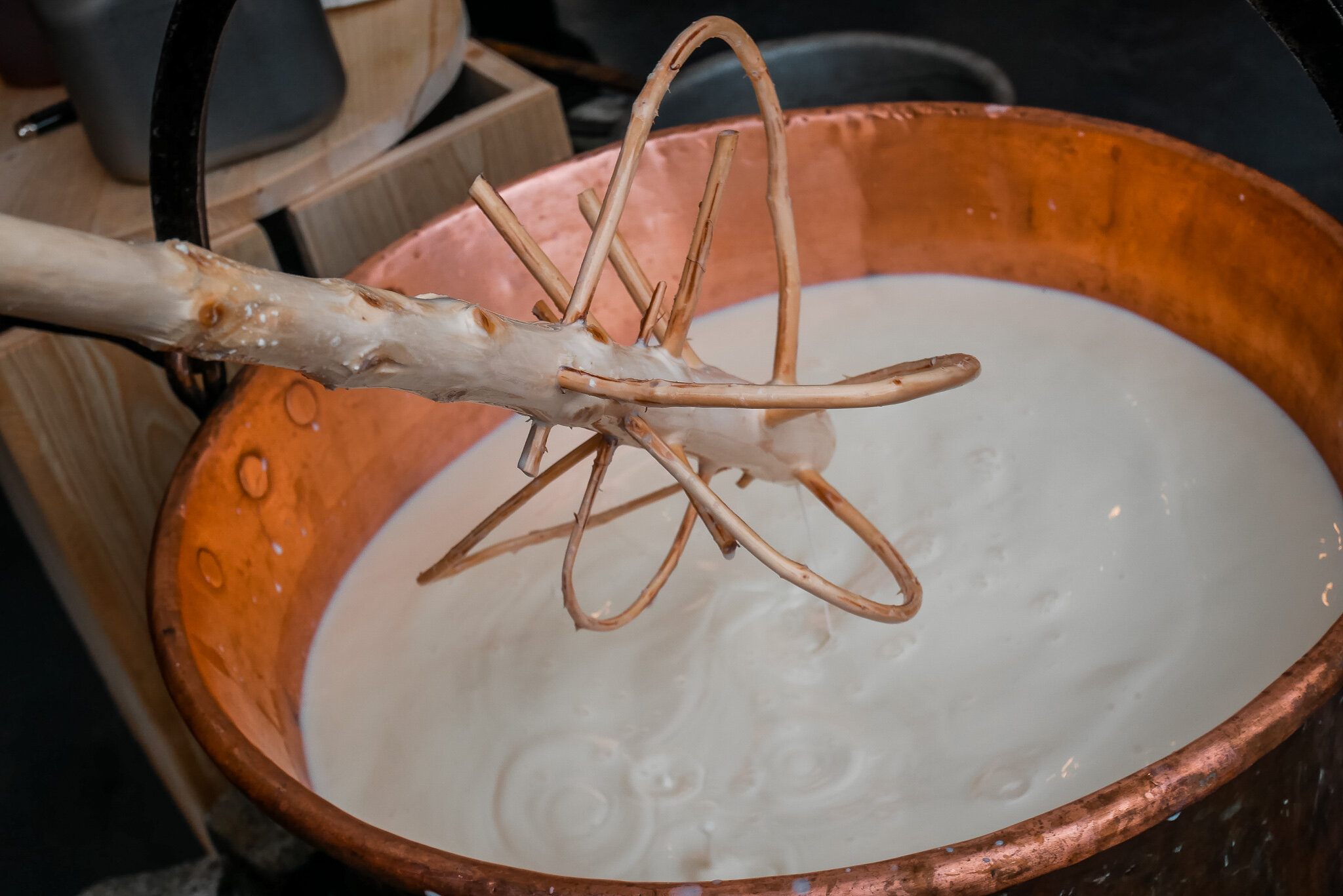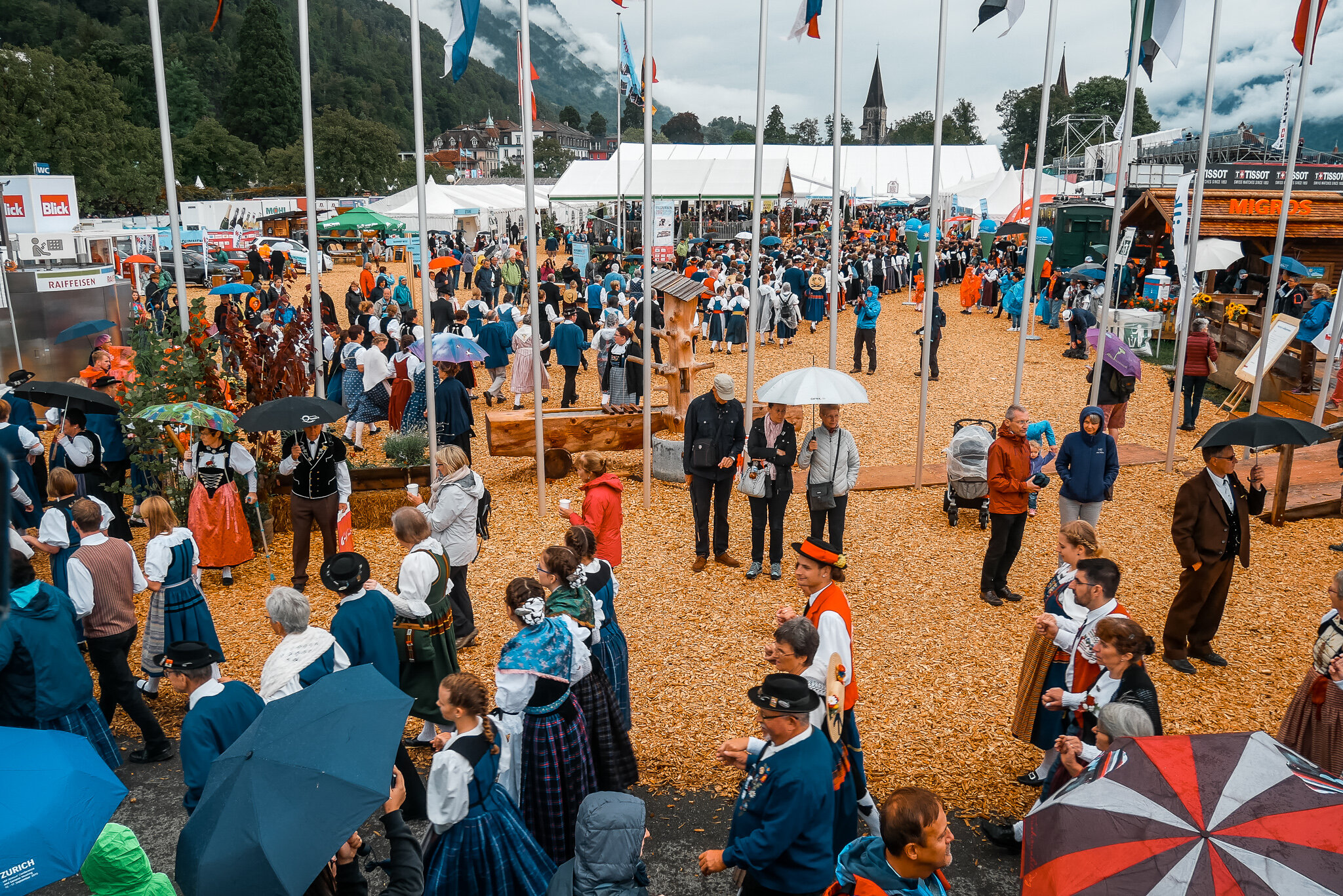Unravelling the Unspunnen
Few national events can be more colourful or more popular. The Unspunnen Festival is a unique event in central Switzerland which only happens once every 12 years, but which celebrates a nation’s cultural traditions more than any other single fixture I know.
The Unspunnen draws some 300,000 people to the Bernese Oberland town of Interlaken - a remarkable number for a country so small. Anything and everything that is truly Swiss gets celebrated over two-weekends - from mountain wrestling to horn-blowing, from boulder-throwing to cheesemaking - the Unspunnenfest is a celebration of all that is, or ever was, alpine life.
It declares “Swissness” more than anything, for example, can even come close to saying: “Here is a celebration of Englishness”. It yodels alpine culture. It blasts the life of the various cantons with all the volume of a massive mountain horn.
The reason the festival was inaugurated just over 200 years ago is interesting in itself - it was designed to put poorer folk into a better frame of mind at a time when the peasants were revolting all over Europe. The Swiss aristocracy and merchant classes saw what was happening in neighbouring France and decided to sweeten the lot of the hardworking mountain-folk by staging a massive festival where they could strut their stuff and drink free beer.
The beer is no longer free, but the folk of the cantons are still strutting their altitudinous stuff. Great fun it is too. Extremely colourful and interesting. If you’re ever lucky enough to witness the Unspunnen, you will feel you have a greater idea what it is to be alpine than anything which skiing or other mountain pastimes can portray.
When they invited me to the Unspunnen, my friends at Swiss Tourism suggested a longer stay in the Interlaken area so that I could enjoy both the incredible scenery and some of the visitor-delights.
There is a great deal of cultural diversity - but only from a canton-to-canton perspective. During the three hour parade, which is the highlight of the duodecimal event, I saw not a single person representing another ethnicity.
There were, however, a great many Indians, Chinese and Arabic people in the vast crowd - and they seemed to be enjoying the weird and wonderful displays even if they were all uniquely Swiss.
But of course, Switzerland is sometimes criticised in the wider world for being a country which tends to keep its doors shut to immigration. Its border policies would delight some of our more rabid right-wingers. As a nation, it clings to its Swiss identity even more keenly than some Scottish or Welsh (or Cornish) separatists would have for our own home nations.
Having said that, Swiss towns and cities do have a degree of ethnic diversity - and I can tell you that many of those families were aboard the trains coming to and from Interlaken the weekend I visited the Unspunnen. They seemed to be enjoying this once-in-a-generation celebration of traditional Swissness as much as anyone else.
In the UK the nearest we get to such a regional celebration is the traditional Highland Games staged in Scotland. Here in England it would be our county shows - although, in comparison to the Unspunnenfest, they’d score less than one-out-of-ten when it comes to celebrating true localness.
I do not believe that, today, you could invent such an event for Britain - or certainly not for England. Many urban-dwellers would say the concept is no longer relevant. Some, I’m sure, would even find it offensive and regard it as a celebration of an England that harked back to the bad old colonial days. Others would sneer and say it was just a commemoration of rusticity, enjoyed by backward and boring country folk.
Which makes me wonder if have we learned to dismiss our past? Are the English building a Guy Fawkes bonfire (I’ve heard complaints about the political incorrectness of that November party) under their traditions, which some may regret one day? Will there come a time when our future generations ask what went on back in the old days when localness and regional pride actually meant something?
What happens then - the danger of destroying a culture - is there is a backlash when people start reinventing tradition in order to comply with newfound ideals of nationalism. Adolf Hitler did just that - and it unleashed a tsunami of evil under the guise of some mad, dreamed up idea, of what was Germany.






